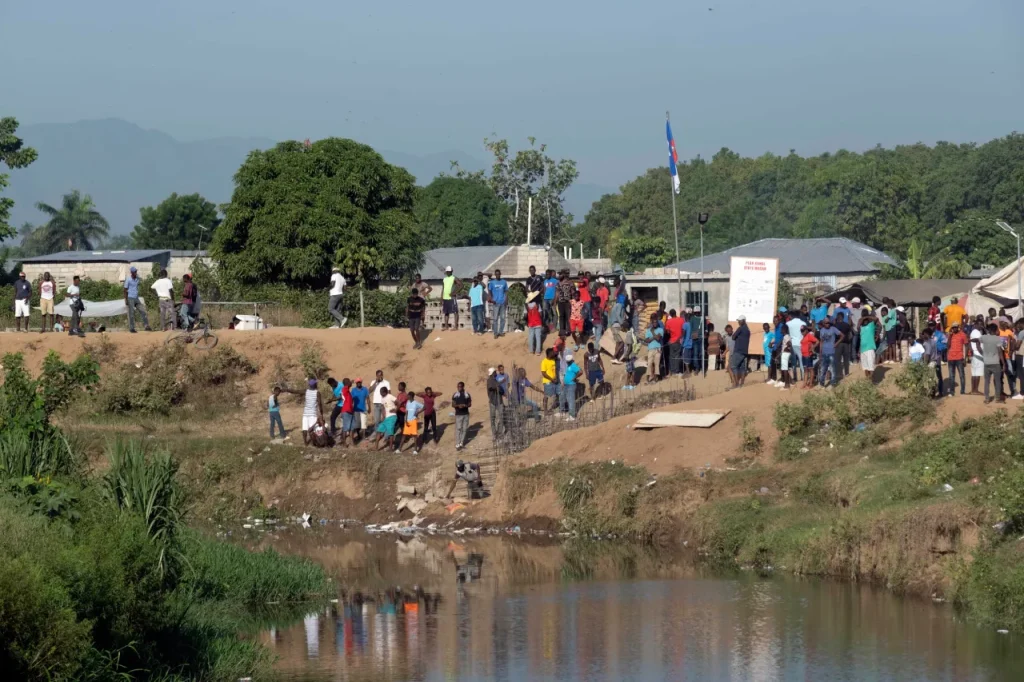The Dominican Republic has announced a new plan to begin expelling 10,000 undocumented Haitians each week as part of a larger crackdown on migration from its neighbouring country. The move, unveiled on Wednesday, is aimed at addressing the high levels of Haitian migration, with deportations set to begin immediately.
“This operation aims to reduce the excessive migrant populations detected in Dominican communities,” said presidential spokesman Homero Figueroa. He added that the expulsions will follow strict protocols that ensure respect for human rights.
The Dominican government said it was prompted to act due to the international community’s slowness in restoring stability in Haiti, where large areas have been overrun by violent criminal gangs. A UN-approved multinational force, led by Kenya, was recently deployed to Haiti after months of delay in an attempt to restore order.

President Luis Abinader had previously warned at the United Nations that if the international community did not act, his government would. Since taking office in 2020, Abinader has enforced a tough stance on Haitian migration, including the construction of a 164-kilometre concrete wall along the border and the deportation of 250,000 undocumented Haitians in 2023 alone.
The new plan would more than double the number of deportations in a year, exceeding the official count of 495,815 Haitians living in the Dominican Republic. Additionally, the government plans to dismantle human trafficking networks and increase drone and camera surveillance at the border.
The Dominican Republic, which occupies two-thirds of the island of Hispaniola, has long had strained relations with its French and Creole-speaking neighbour. Haiti has faced severe economic collapse and a descent into gang violence, which worsened after the devastating 2010 earthquake. This has driven many Haitians to seek better opportunities across the border in the Dominican Republic, a country with one of the fastest-growing economies in Latin America.
The UN human rights office reported that over 3,600 people have been killed in Haiti this year due to gang violence, and more than 700,000 have been displaced, over half of them children.
President Abinader and his main political rival both rejected international pressure during their campaigns to allow more Haitian refugees into the Dominican Republic. Haitian communities in the country face widespread discrimination, including from the state and security services, according to reports.


